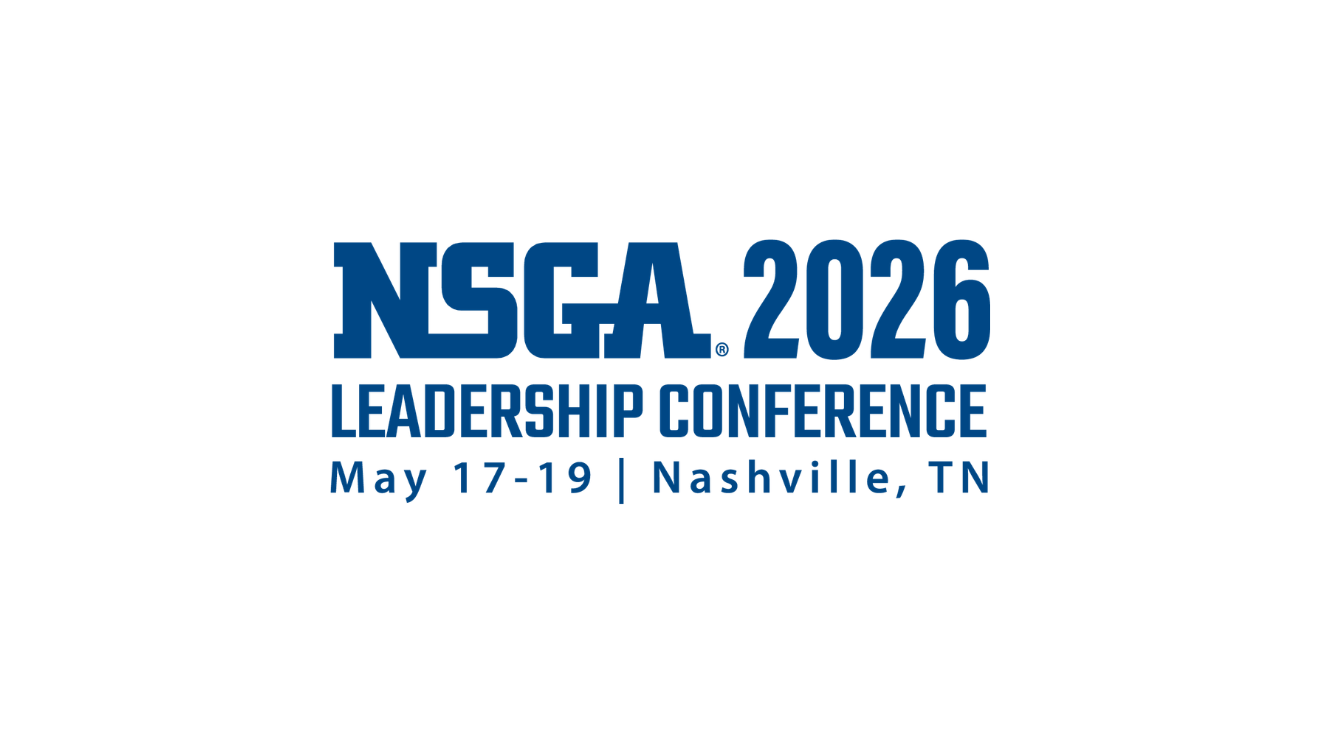INDIANAPOILS, INDIANA (April 21, 2020) – The NCAA Playing Rules Oversight Panel approved two rule changes regarding jersey numbers for the 2020 football season.
The panel approved a rule that restricts the number of teammates wearing the same jersey number to two. The rules regarding players using duplicate numbers continue to require that they play different positions and are not on the field at the same time.
The Football Rules Committee recommended this adjustment to reduce the confusion caused by multiple players wearing the same number. Allowing more than two players with the same number has created confusion for the game officials and has made scouting opponents difficult.
To respond to the popularity of single-digit numbers, players can wear “0” as a legal number.
Targeting
Players disqualified for targeting will be allowed to remain on the sidelines starting with the 2020 football season.
The NCAA Playing Rules Oversight Panel approved the rules change Monday. Players flagged for targeting will remain disqualified from the game. But instead of being ejected and required to head to the locker room after a targeting foul — which had been the rule since 2013 — players will be permitted to remain in the team area. All other aspects of the targeting rule remain the same.
Last season, instant replay officials were instructed to examine all aspects of the play to confirm a targeting foul when all elements of targeting are present. If any element of targeting could not be confirmed, the instant replay official overturned the foul. The option of “stands” was removed, and the number of targeting fouls that were enforced improved the accuracy of implementation.
The progressive penalty for targeting also remains. Players who commit three targeting fouls in the same season are subject to a one-game suspension.
Instant replay
For the first time in football, the panel approved a guideline for instant replay officials to complete video reviews in less than two minutes.
This will be an overall expectation for replay officials, and reviews that are exceptionally complicated or involve end-of-game issues should be completed as efficiently as possible without a stated time limit.
The NCAA Football Rules Committee supported this rule change to continue efforts to increase the pace of play.
Additionally, the panel approved a clock administration rule regarding instant replay.
If the game clock expires at the end of a half and replay determines that there was time remaining and the clock should start on the referee’s signal after review, there must be at least three seconds remaining, when the ball should have been declared dead, to restore time to the clock.
If less than three seconds remain on the game clock, the half is over.
Pregame protocol
Concerned about negative interactions between teams before officials are required to be on the field, the panel approved a rule that game officials’ jurisdiction of the contest begins 90 minutes before kickoff, instead of the current 60 minutes. Another part of the proposal calls for a coach to be on the field during pregame warmups when players are present, and all players are to be identified by number.





 Back
to News
Back
to News